Introduction: Where AI and Coding Intersect
The dawn of artificial intelligence is reshaping the landscape of software programming. From doing repetitive work to writing whole chunks of code, AI is no longer merely a tool — it’s emerging as a coding ally. This shift raises fundamental questions: Will AI subdue programmers? How does AI influence human coding abilities? Do we need to code anew in the age of AI?
In this piece, we explore extensively the impact of AI on coding and programming in the future, and what it holds for developers today and tomorrow.
The Evolution of Programming with AI
For years, coding was a job only for those conversant in languages such as C++, Java, and Python. It demanded logic, accuracy, and patience. But times have changed now, with AI tools like GitHub Copilot, ChatGPT, and Replit Ghostwriter being able to suggest, fill in, and even write code with little human intervention.
This change is more than just an increase in productivity — it’s a paradigm shift in the way we write software.
Major Ways AI Has Transformed Coding:
- Autocomplete on Steroids: AI assistants now propose entire functions, not individual lines of code.
- Debugging Simplified: AI assistants can find and repair bugs with greater speed.
- Code Translation: AI can translate code from one programming language to another, making cross-platform developers’ lives easier.
- Automated Testing: AI can generate and execute unit tests, shortening QA time.
How AI Impacts Coding: A Double-Edged Sword
Though AI enhances productivity, there lies a hidden price tag — over-reliance. Developers who used to create logic from scratch might now rely on AI tools for even simple things. This may lead to poorly developed foundational skills in the long run.
Advantages of AI in Coding:
- Speeds up development
- Assists non-coders in creating apps
- Improves code quality via recommendations
Disadvantages of AI in Coding:
- Decreases the necessity to know fundamentals
- Engages in copy-paste rather than understanding
- May cause “AI tunnel vision” — accepting outputs without confirming them
Key Insight: AI must augment, not automate, human thought in coding.
AI vs Human Coding Ability: Can AI Replace Programmers?
It’s one of the most contentious questions in technology today. AI excels at recognizing patterns and creating code from pre-existing data sets — but it has no context or creativity, both of which are necessary for high-quality software development.
Where AI Succeeds:
- Boilerplate code
- Repetitive tasks
- Known problem-solving
Where Humans Still Excel:
- Designing software architecture
- Understanding business needs
- Ethical and creative decisions
- Writing innovative algorithms
AI may be quick, but it still requires human guidance — particularly for intricate projects, debugging, and sophisticated programming logic.
AI and the Future of Programming: What Lies Ahead
Programming is not disappearing — it’s changing. The programmer’s role is moving from “code writer” to “problem solver and system designer.” Being able to work with AI is as important as mastering syntax.
Future Trends in Programming with AI:
- Prompt Engineering: Being able to ask AI the correct questions is a new essential skill.
- Low-Code/No-Code Platforms: AI will drive visual programming platforms that are available to non-developers.
- Collaborative Coding: AI will be used with developers as they would use a colleague.
- AI-Aided Debugging and Deployment: Accelerated CI/CD pipelines with the inclusion of AI.
Relearning to Code with AI: A New Type of Programming Education
Previously, programming education began with learning syntax. Today, it has to begin with knowing systems, logic, and how to work with AI tools.
How Learning Has Changed:
- Students now employ AI as a tutor — asking it to walk them through the code step by step.
- Bootcamps are instructing in using tools such as Copilot and ChatGPT.
- Debugging now means not only correcting errors, but also understanding AI-suggested corrections.
Learning Approach to Recommend:
- Begin with fundamentals – logic, variables, loops.
- Employ AI as a guide, not a crutch.
- Practice with and without AI to develop a true understanding.
- Work on actual projects to try your problem-solving skills.
- The aim isn’t to code — it’s to code like a developer in an AI world.
Rebuilding Coding Skills After AI: A Wake-Up Call for Developers
Most experienced developers confess they rely more on AI tools than they should. This necessitates the need to rebuild foundational skills to keep up.
Signs You Need to Rebuild Coding Skills:
- You can’t code from scratch without a crutch.
- You find it hard to debug without AI suggestions.
- You get nervous writing code without tools such as Copilot.
How to Rebuild and Remain Competitive:
- Do code-only challenges (no AI assistance)
- Work on open-source projects.
- Instruct others — teaching others solidifies your skills.
- Stay current with the newest AI + dev tools so you can stay current.
See AI as your co-pilot — not the pilot. You’re still in control.
Conclusion: Adopt AI, But Don’t Lose the Developer Within
AI and coding are now permanently linked. The programming future lies not in competition, but in symbiosis. Those developers who can adapt, rebuild, and learn to partner with AI will dominate the next wave of tech innovation.
Regardless of whether you’re embarking on programming for the very first time or rebuilding coding skills after AI, keep this in mind: tools change, but logic, creativity, and problem-solving will remain forever the developer’s biggest strengths.
Final Thoughts:
- AI isn’t replacing developers — it’s revolutionizing how we develop.
- Keep learning, remain curious, and utilize AI responsibly.
- Your coding future isn’t outdated — it’s transforming.
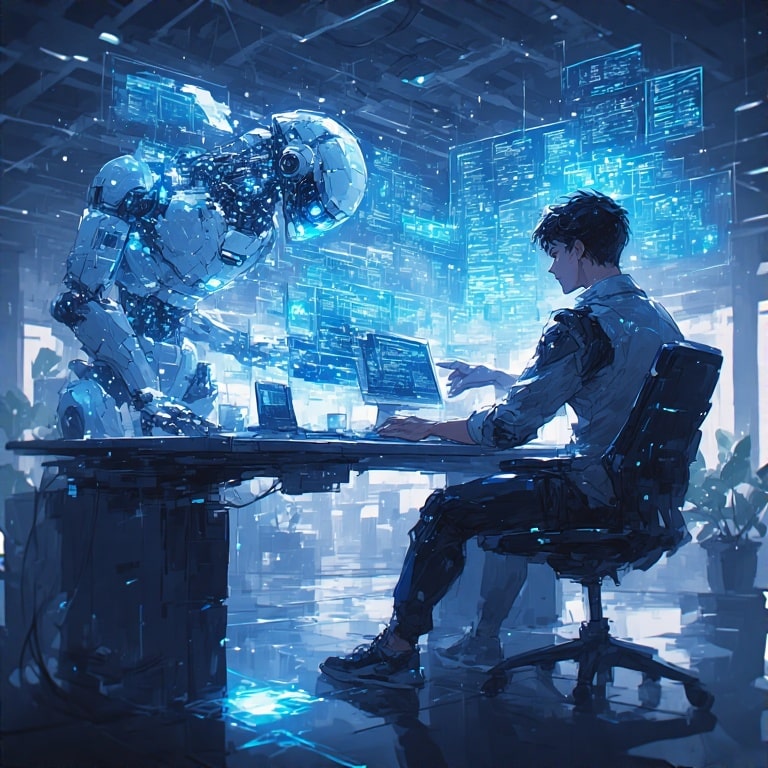
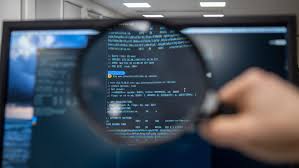
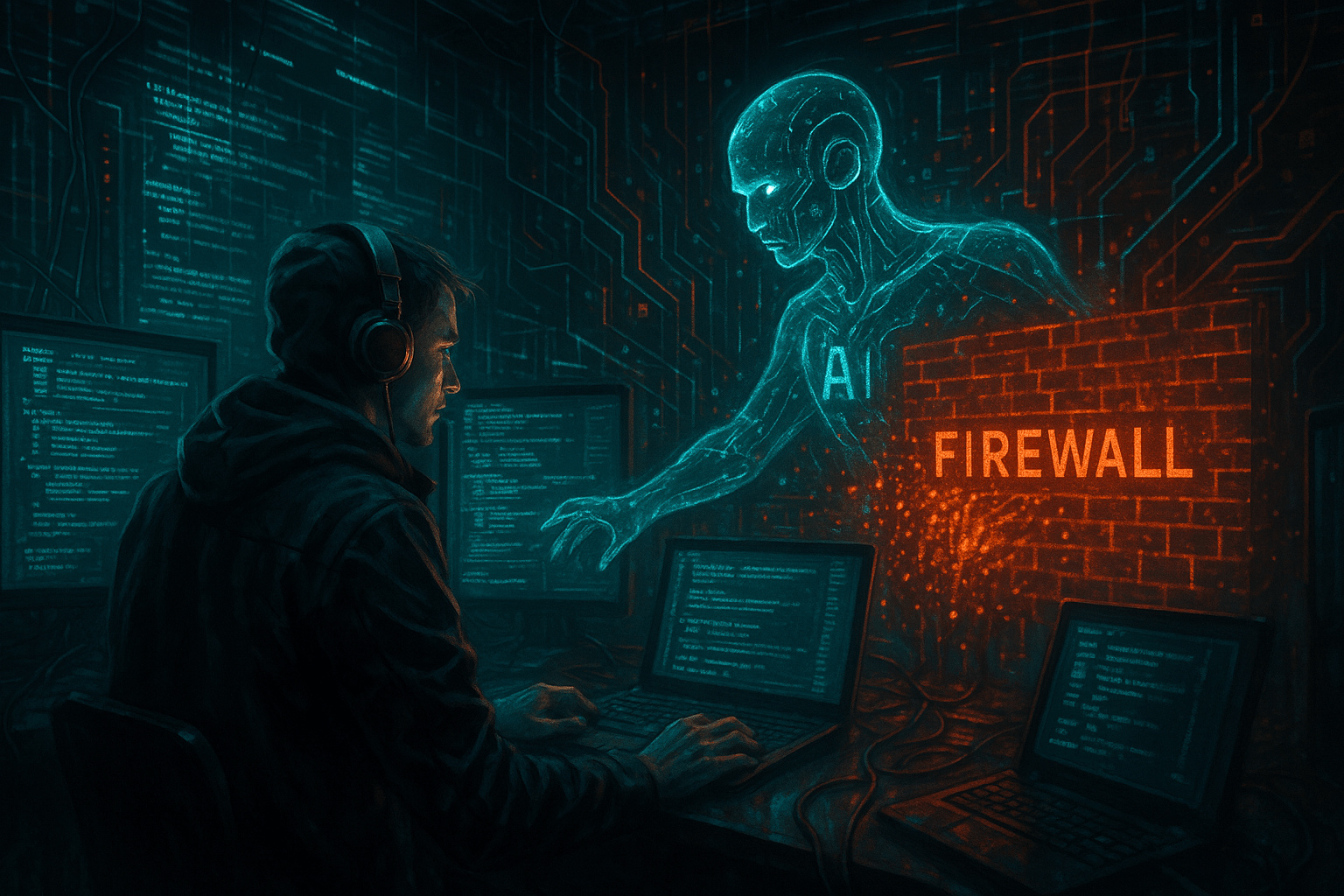
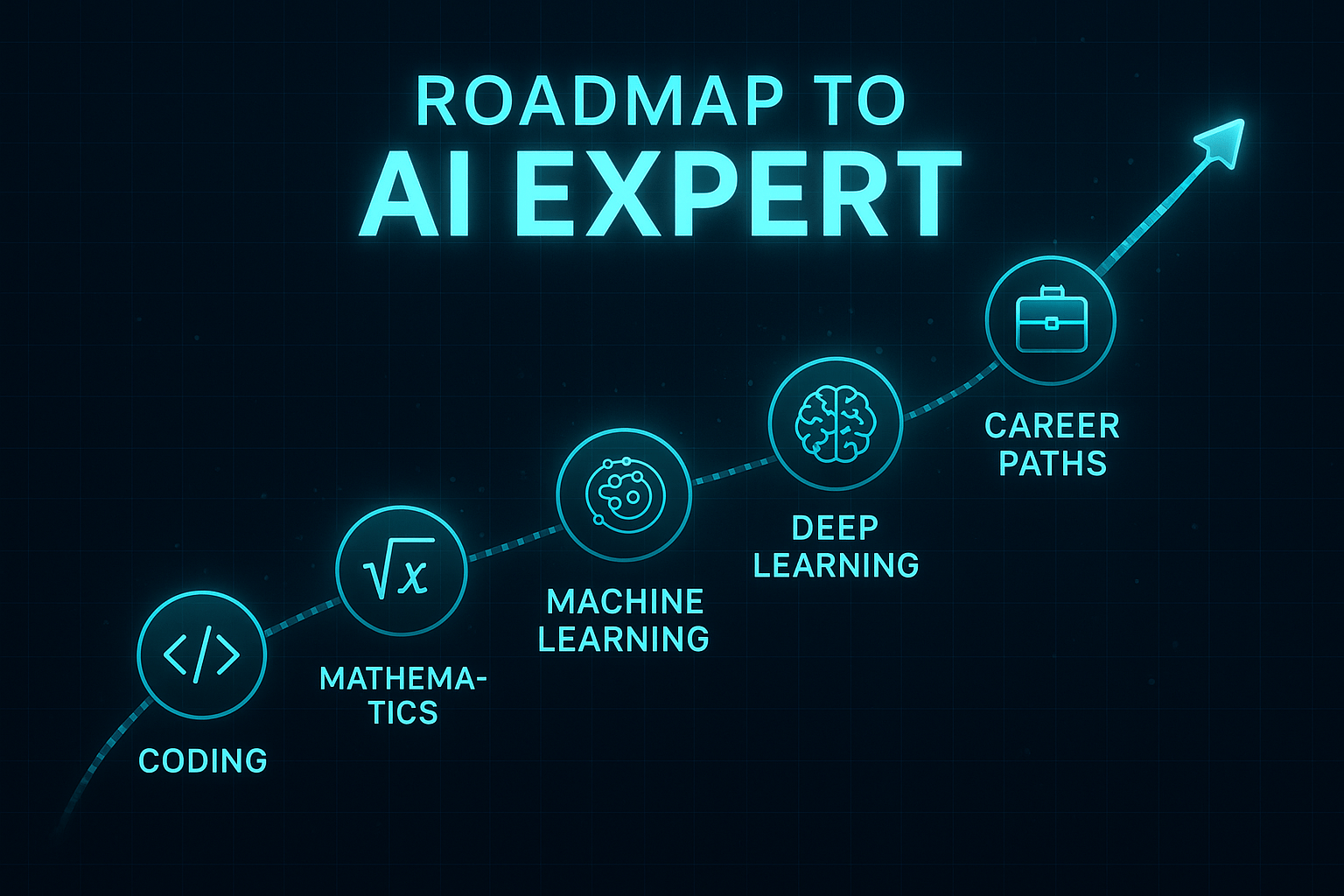

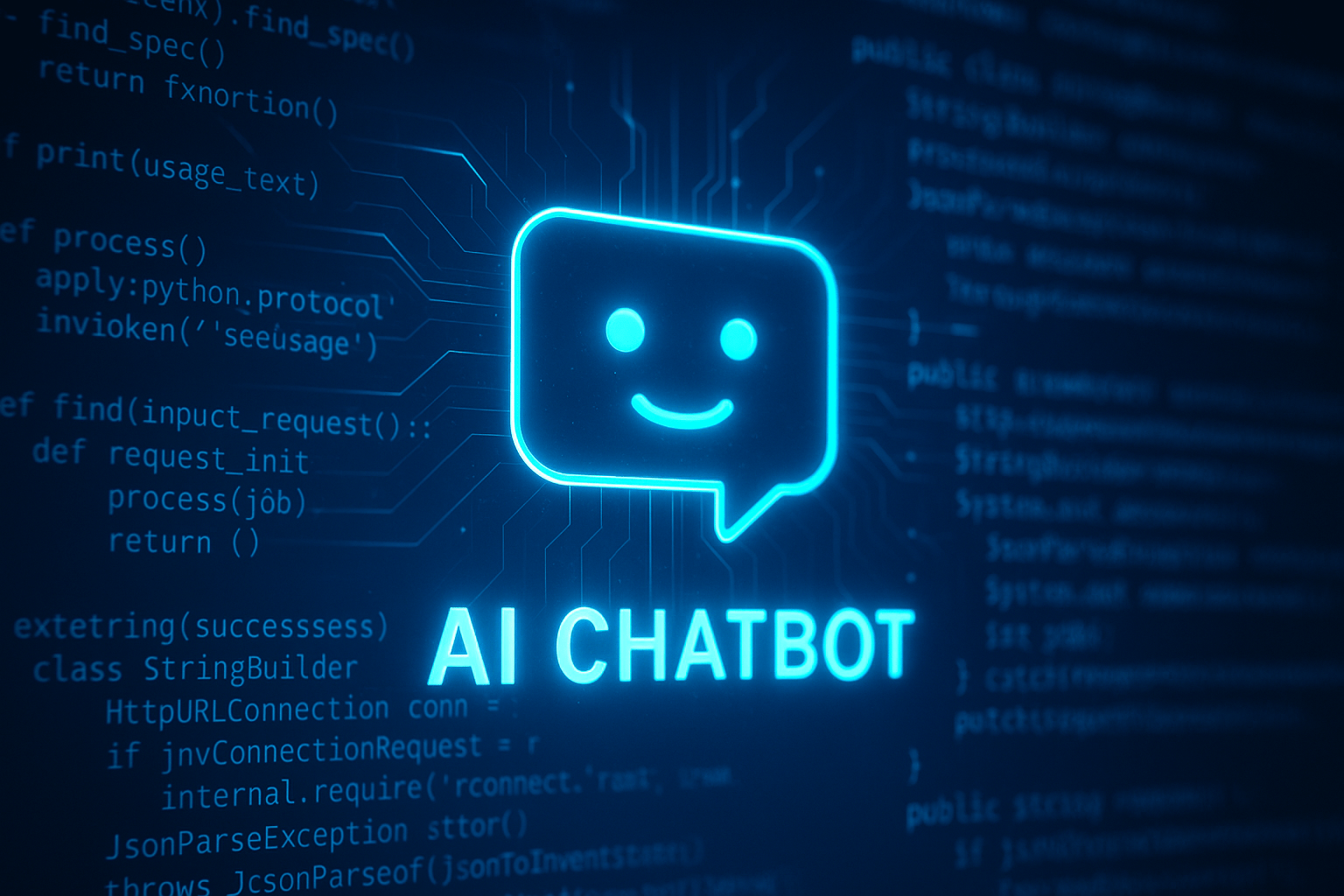

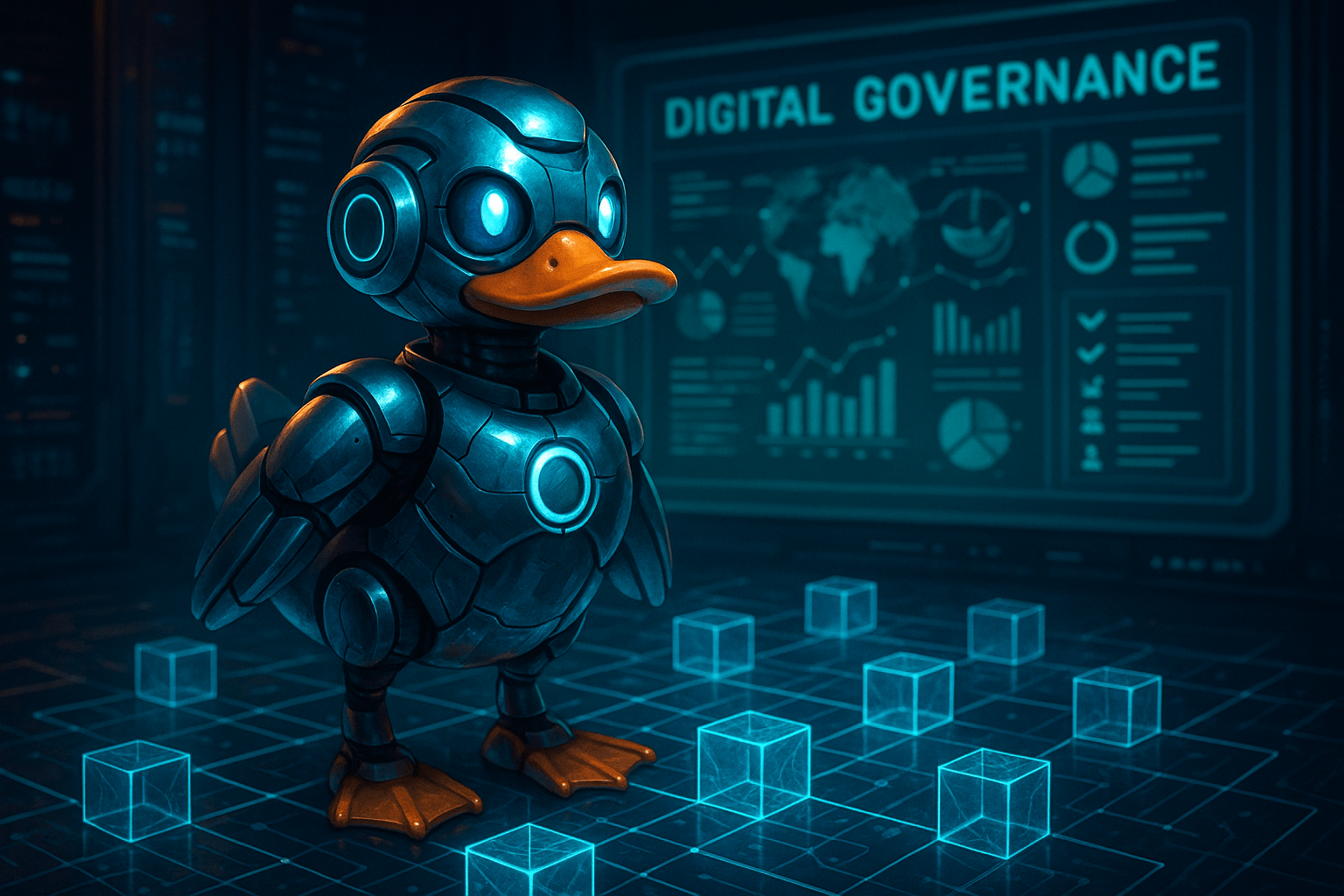
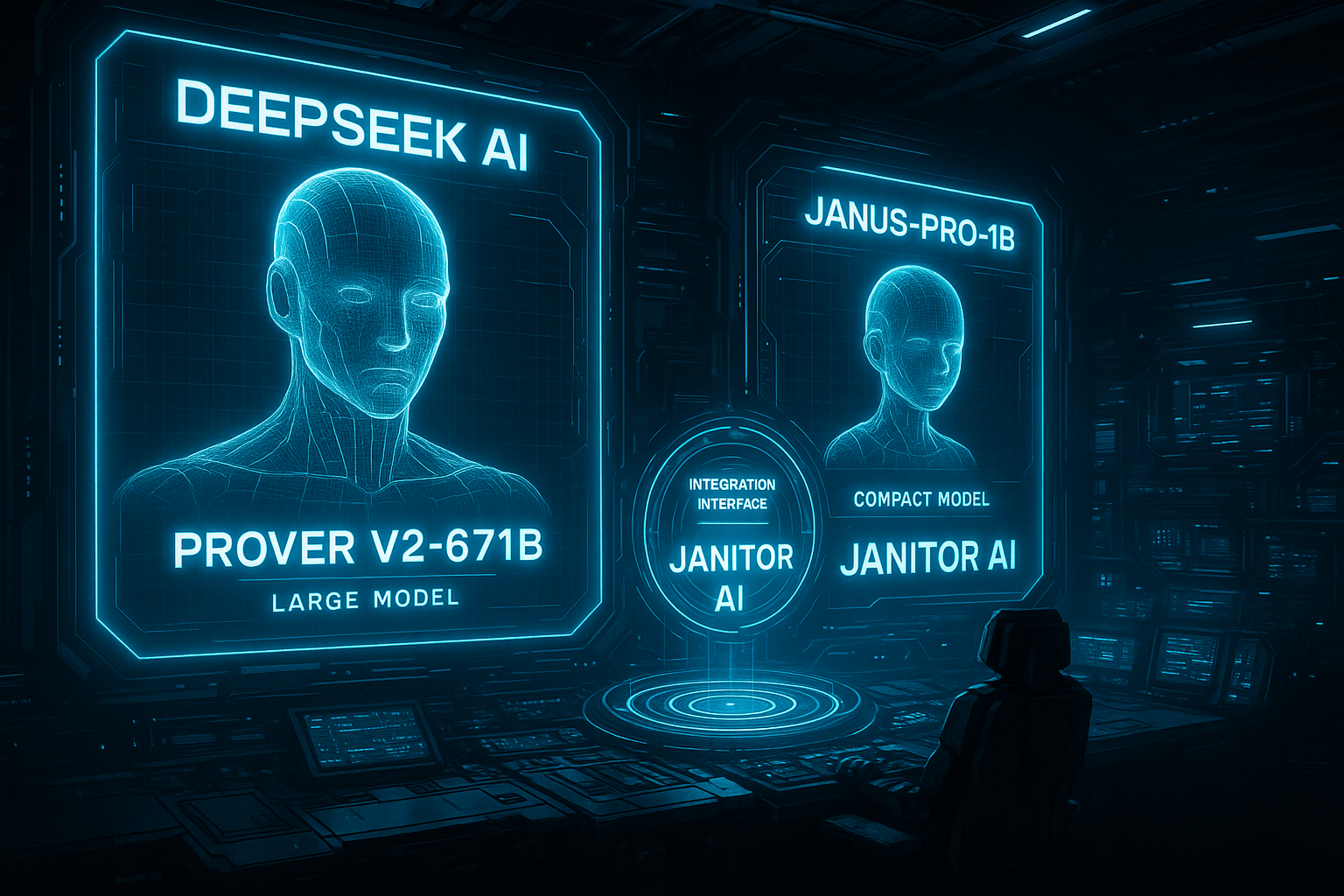
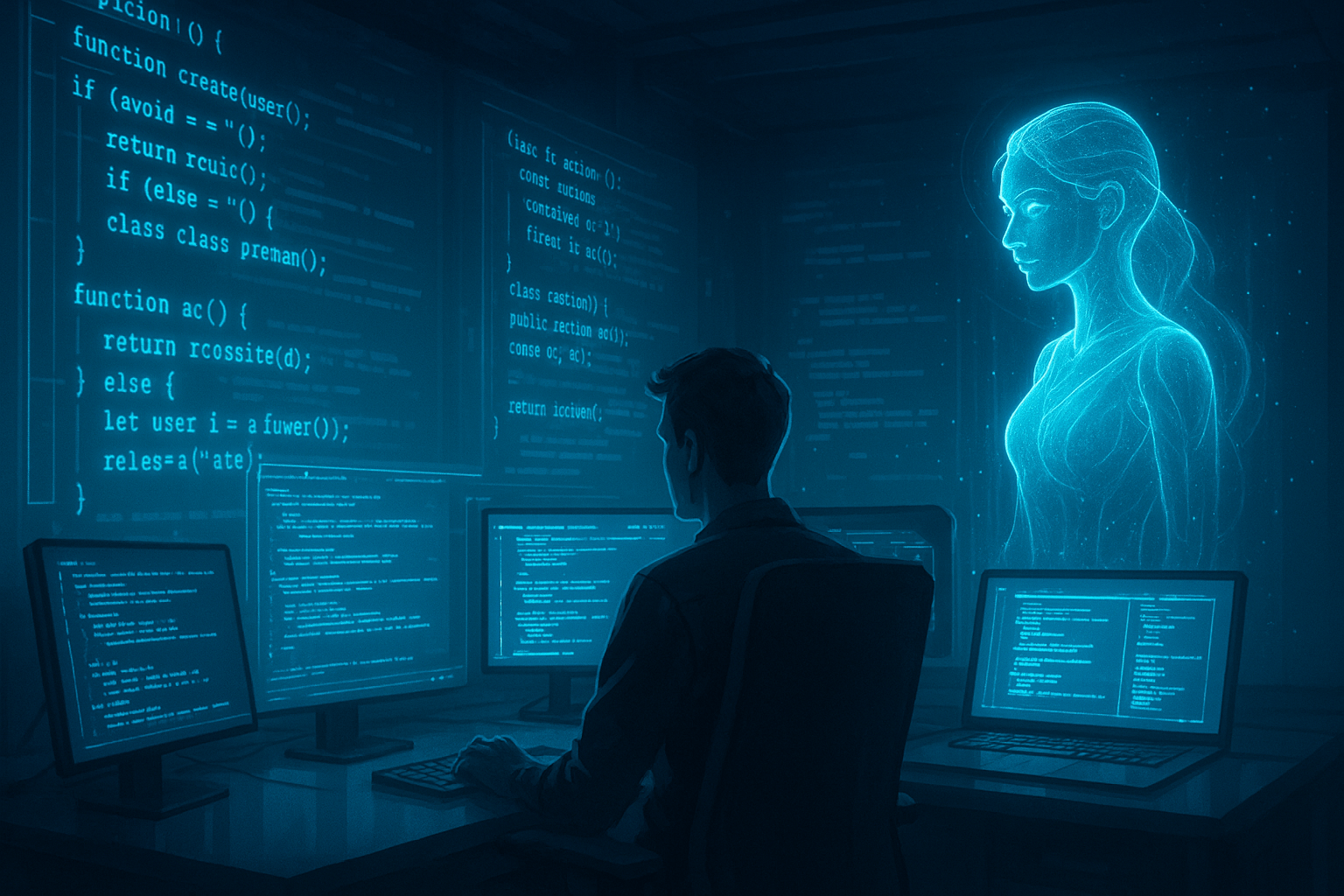
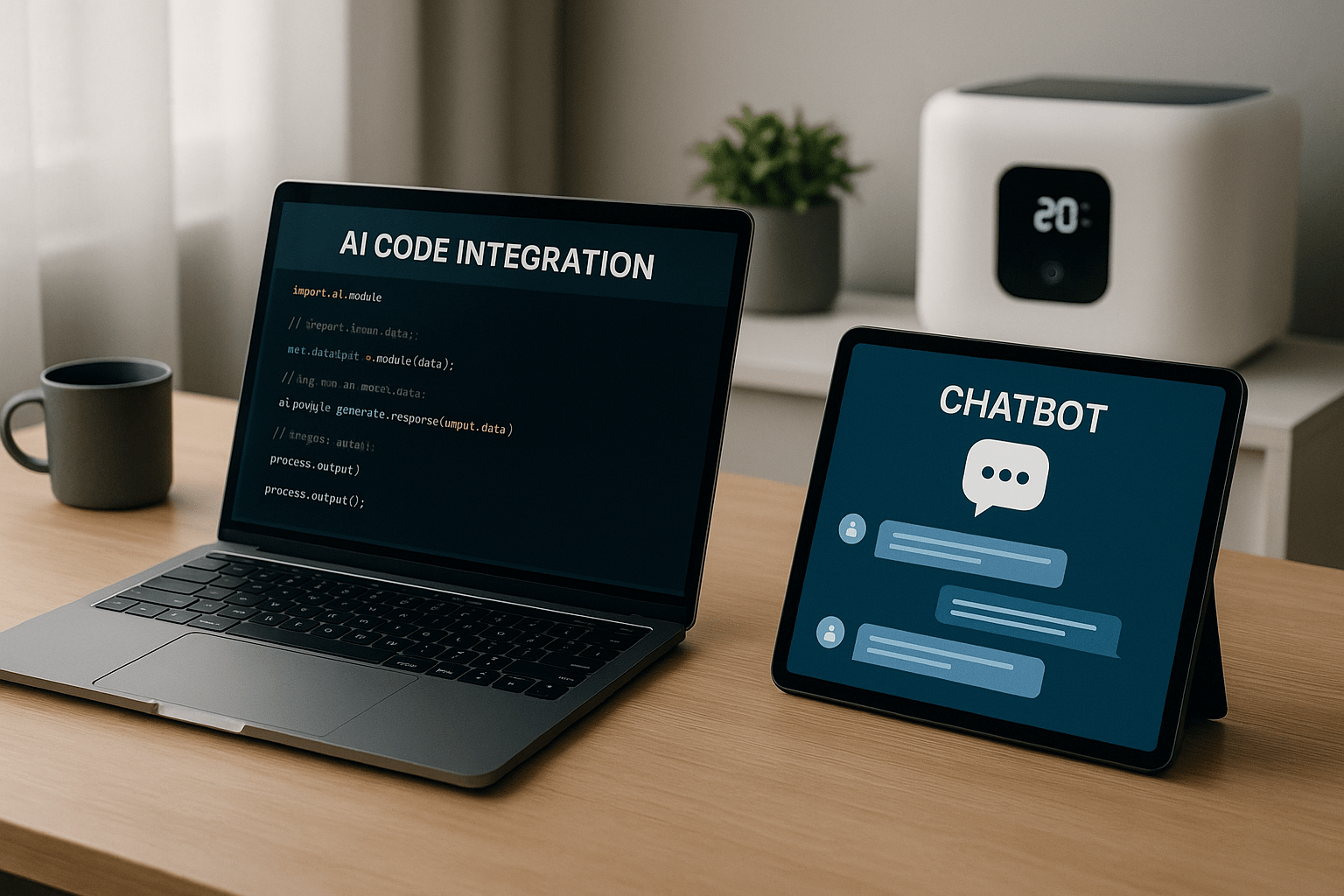
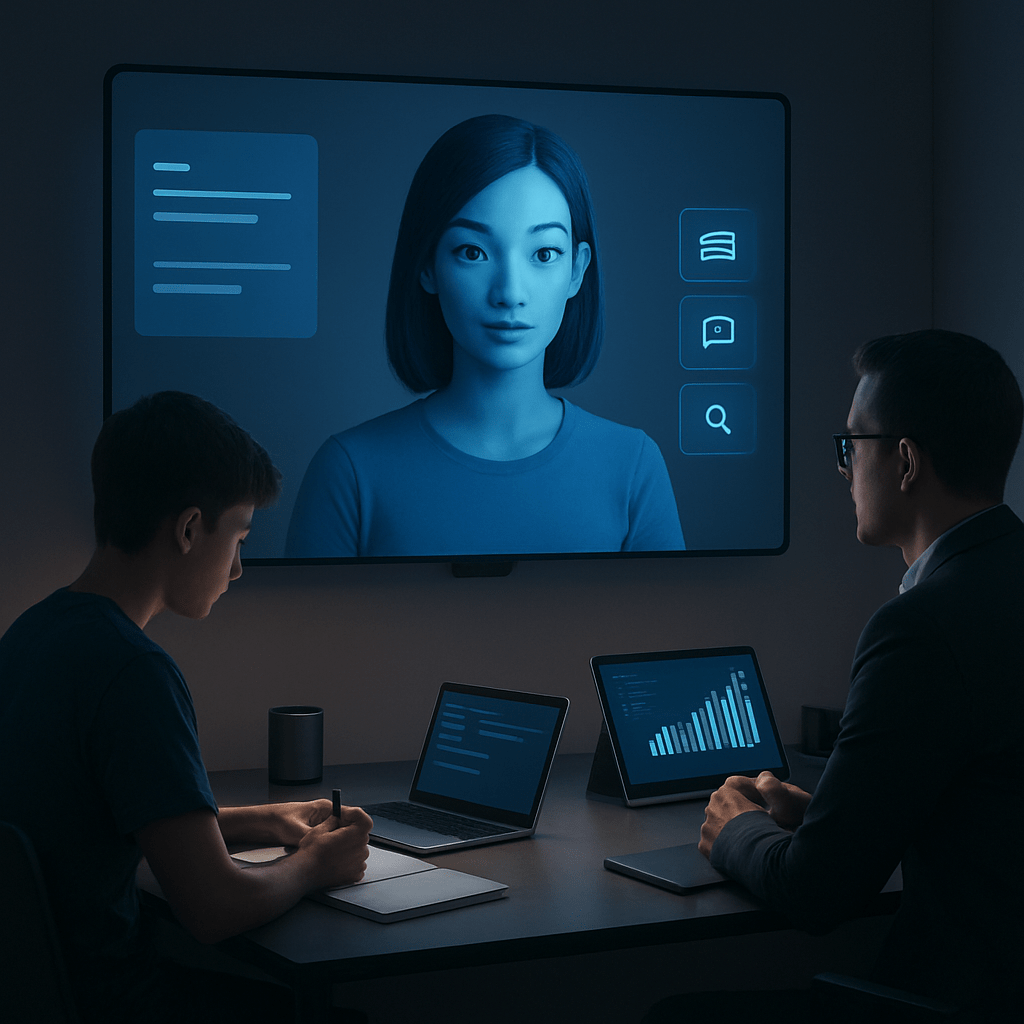
Leave a Reply